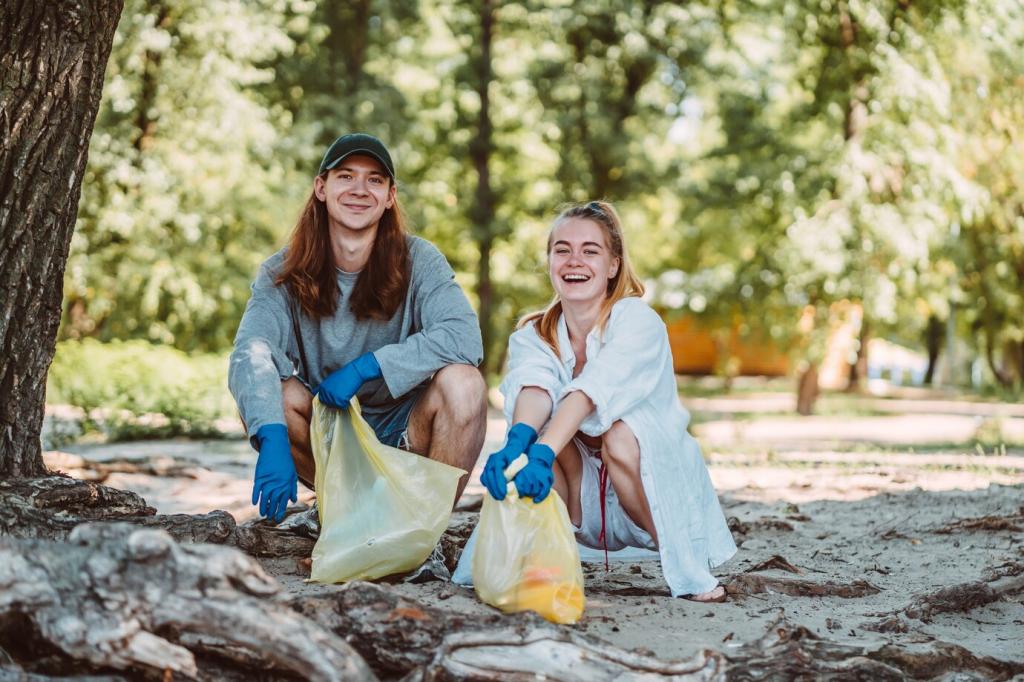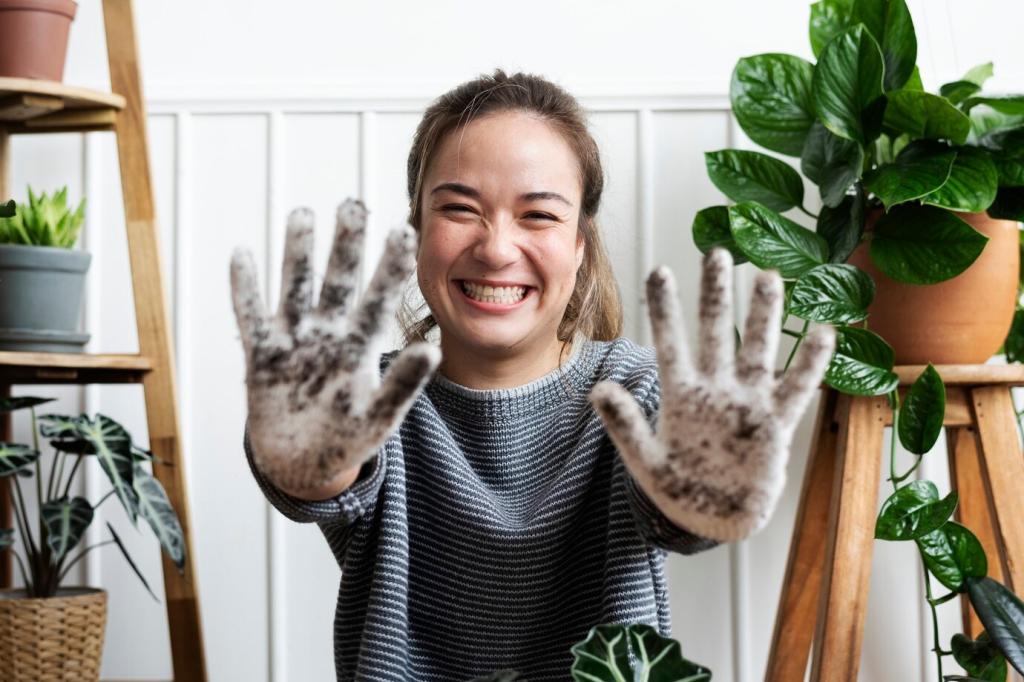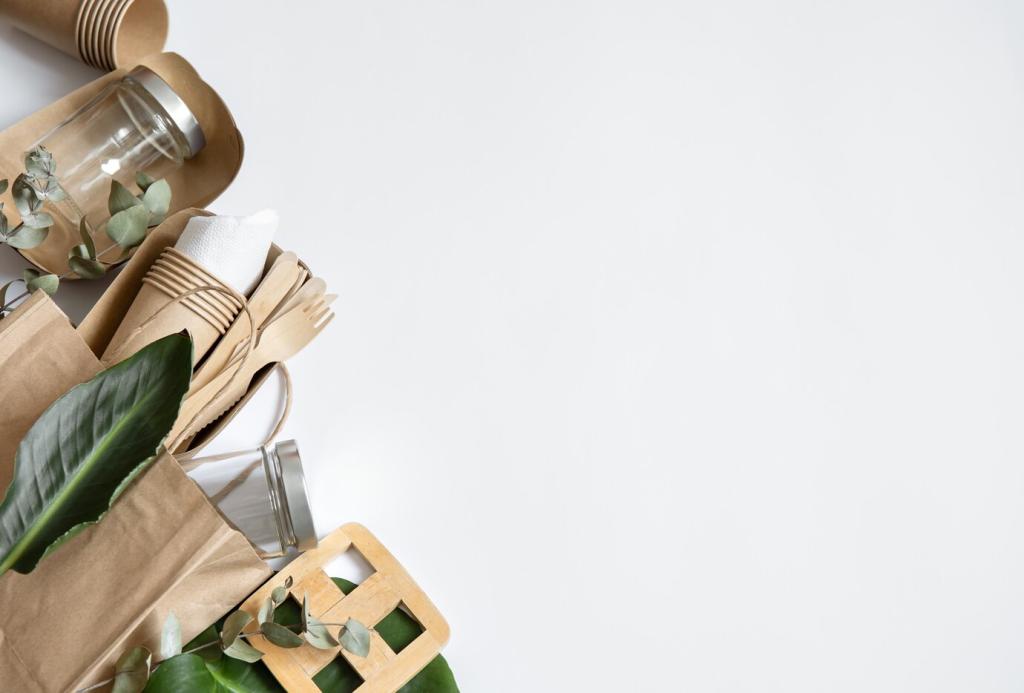
Nontoxic Couch Cleaning Hacks: Fresh Sofas Without Harsh Chemicals
Welcome to a cozy, breathable home. Today’s chosen theme is Nontoxic Couch Cleaning Hacks—smart, safe, and satisfying ways to revive your sofa using gentle, effective methods you can trust.
Why Gentle, Nontoxic Methods Work
Mild acids like diluted white vinegar dissolve mineral residues, while simple surfactants in castile soap lift soil so it can be blotted away. Unlike harsh chemicals, these nontoxic helpers respect fabrics and your indoor air, making cleanup effective yet kind.
Why Gentle, Nontoxic Methods Work
Microfiber traps dust tightly, linen expands when wet, and velvet shows every swipe. Nontoxic couch cleaning hacks help you adapt: minimal moisture, gentle dabbing, and cloths with the right texture so fibers stay smooth, colors remain vivid, and seams hold strong.

Sprinkle a generous, even layer of baking soda and let it sit for at least an hour, ideally overnight. It absorbs odors without masking them. Vacuum thoroughly with an upholstery tool, working in overlapping passes so the powder lifts from seams and tufts.
Pantry Power: Safe Ingredients That Really Work
Mix one tablespoon unscented castile soap into two cups warm water. Agitate to create light suds, dip a cloth, and wring well. Blot, never rub. This lifts everyday grime while respecting dyes and weaves, helping colors stay true and cushions keep their shape.
Pantry Power: Safe Ingredients That Really Work
Step-by-Step: Fabric Sofa Refresh
Dry Prep for a Head Start
Start by removing cushions and vacuuming crevices. Use a soft brush to loosen lint and crumbs, then vacuum again. This prevents mudding dirt during wet steps and makes nontoxic couch cleaning hacks work faster, with less moisture needed overall.
Targeted Spot Treatment
Blot fresh spills with a clean, absorbent cloth. Apply diluted castile soap solution to the cloth, then dab the stain from the outside inward. Patience beats pressure: repeat gentle passes rather than scrubbing, so fibers don’t fuzz and stains don’t spread.
Rinse Lightly, Dry Thoroughly
Mist plain water onto a cloth and blot to lift soap residue. Follow with a dry towel, then circulate air with a fan. Keep cushions upright to encourage airflow. Share your drying tricks in the comments so others can avoid musty surprises.
Stain-Specific Hacks, the Green Way
Blot immediately with a dry cloth, then switch to a cold, damp cloth to lift tannins. Apply a tiny amount of diluted castile soap, dab gently, and finish with a vinegar-water cloth for lingering odor. Tell us your favorite morning-save routine below.
Stain-Specific Hacks, the Green Way
Blot, don’t rub. Use cool club soda to loosen pigments, pressing with a clean towel. If needed on white or colorfast fabric, patch test 3% hydrogen peroxide and dab sparingly. Rinse with water on a cloth afterward and let air finish the work.
Stain-Specific Hacks, the Green Way
Dust cornstarch or arrowroot over the spot and let it sit for thirty minutes to draw out oils. Vacuum or brush away, then use a lightly soapy cloth to lift residue. Repeat if needed, keeping moisture low so cushions never become waterlogged.
Leather and Faux Leather, Gently Done
Daily Dust and a Damp Sweep
Use a dry microfiber cloth first, then a cloth barely dampened with distilled water to lift fingerprints. Tiny circles, light pressure, and patience prevent streaks. Always test any method in an inconspicuous spot before moving to armrests or seat fronts.
Grime Lift with Mild Soap
Add a teaspoon of unscented castile soap to a cup of distilled water. Wring the cloth well and work in sections, then immediately follow with a clean, damp cloth to remove soap film. Finish dry to keep leather smooth and faux leather free of dulling residue.
Nontoxic Conditioning Touch
For real leather, a tiny amount of beeswax-and-jojoba balm, tested first, restores luster without heavy scents. Apply sparingly and buff softly. Avoid kitchen oils that can go rancid. Share your favorite plant-based conditioner for a chance to be featured.
Odor Neutralizing Without Perfume
01
After a light vacuum, apply baking soda and let it rest while you sleep. In the morning, vacuum thoroughly. This neutralizes odors caught between fibers without layering fragrance. Avoid using on leather or suede, where powder can cling or dry surfaces.
02
Open windows for cross-breeze and set a fan for gentle circulation. A short window of soft morning sunlight helps with odors, but avoid prolonged midday exposure that can fade dyes. Tell us your ventilating tricks for rainy climates and tiny apartments.
03
Skip direct application to fabric. If desired, diffuse a tiny amount nearby, not onto the couch, and choose pet-safe options. Often, true neutrality feels better than fragrance. Do you prefer pure neutral or a hint of scent? Vote in the comments.
Check tags: W means water-based is okay, S prefers solvent-based, WS allows either, and X means vacuum only. Respecting these guides prevents damage and color shifts. Share unusual tag stories so we can build a community reference for tricky fabrics.

